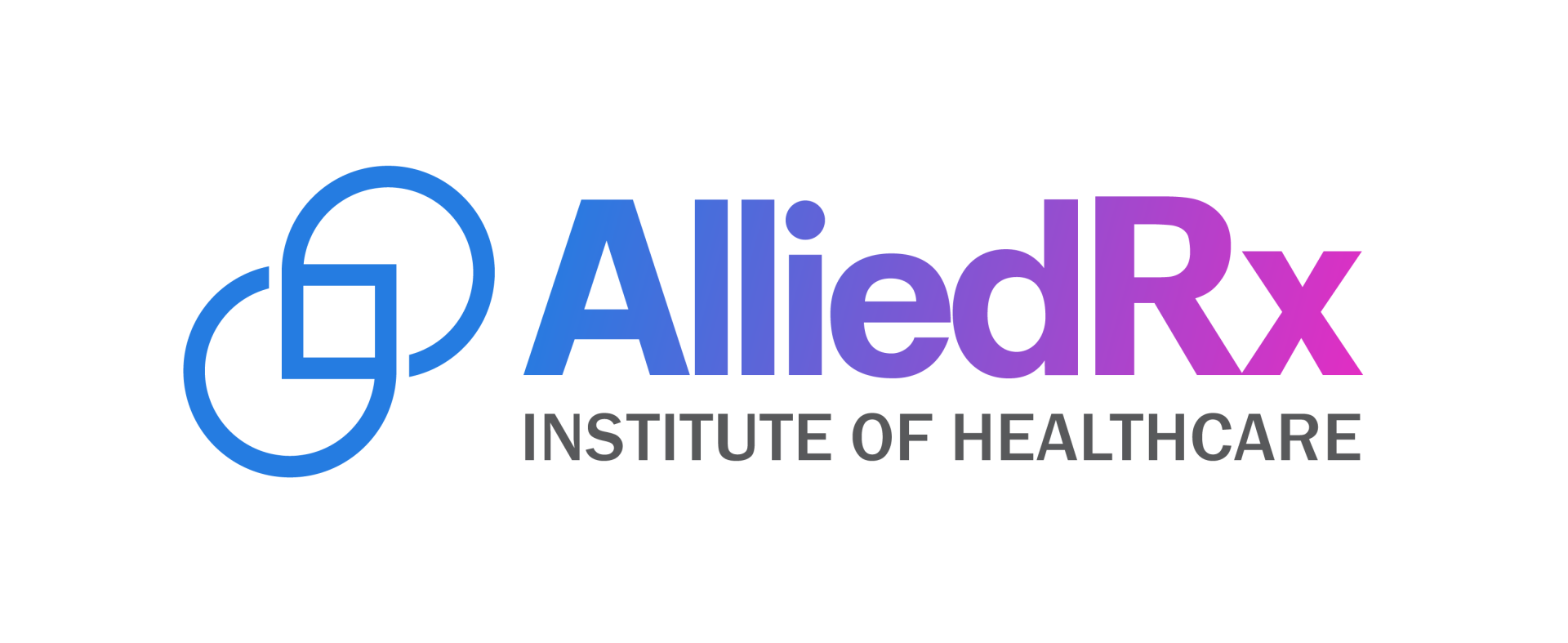The Health Insurance Portability and Accountability Act, or HIPAA, is a federal law that requires all healthcare providers to maintain the confidentiality of their patients’ protected health information, or PHI. PHI includes any information about a patient that can be used to identify them, such as their name, address, date of birth, Social Security number, and so on.
Healthcare students need to be aware of HIPAA for a few reasons. First, they will likely encounter PHI in their coursework and clinical rotations. Second, they may be required to sign a HIPAA compliance agreement as part of their employment contract with a healthcare provider. And third, they could face civil and criminal penalties if they violate HIPAA rules.
What is PHI?
PHI is any information about a patient that can be used to identify them. This includes anything from name and address to date of birth and Social Security number. PHI also includes medical records, test results, treatment plans, and insurance information. In short, if there is any chance that someone could use the information to figure out who a patient is, then it is considered PHI.
Why is Protecting PHI Important?
There are two main reasons why protecting PHI is so important. First, patients have a right to privacy when it comes to their health information. They should feel confident that their sensitive medical information will not be shared without their consent. Second, if PHI falls into the wrong hands, it could be used for identity theft or fraud. For example, someone could use a patient’s Social Security number to apply for credit cards or open new accounts in their name. Or an insurance company could deny a claim because the patient’s medical records show that they have a pre-existing condition.
How do I Protect PHI?
There are two key ways to protect PHI:physical safeguards and administrative safeguards. Physical safeguards are physical measures taken to secure electronic equipment and data from unauthorized access or destruction. For example, locked cabinets or security badge systems. Administrative safeguards are policies and procedures put in place to ensure the confidentiality of PHI. For example, staff training or authorization requirements for access to electronic systems containing PHI.
As a healthcare student, it is important that you have a basic understanding of HIPAA and what it means for you. PHI is any information about a patient that can be used to identify them—including everything from name and address to medical records and test results—and it is your responsibility to ensure that this information remains confidential at all times. If you violate HIPAA rules, you could face civil and criminal penalties—so it’s best to err on the side of caution!

